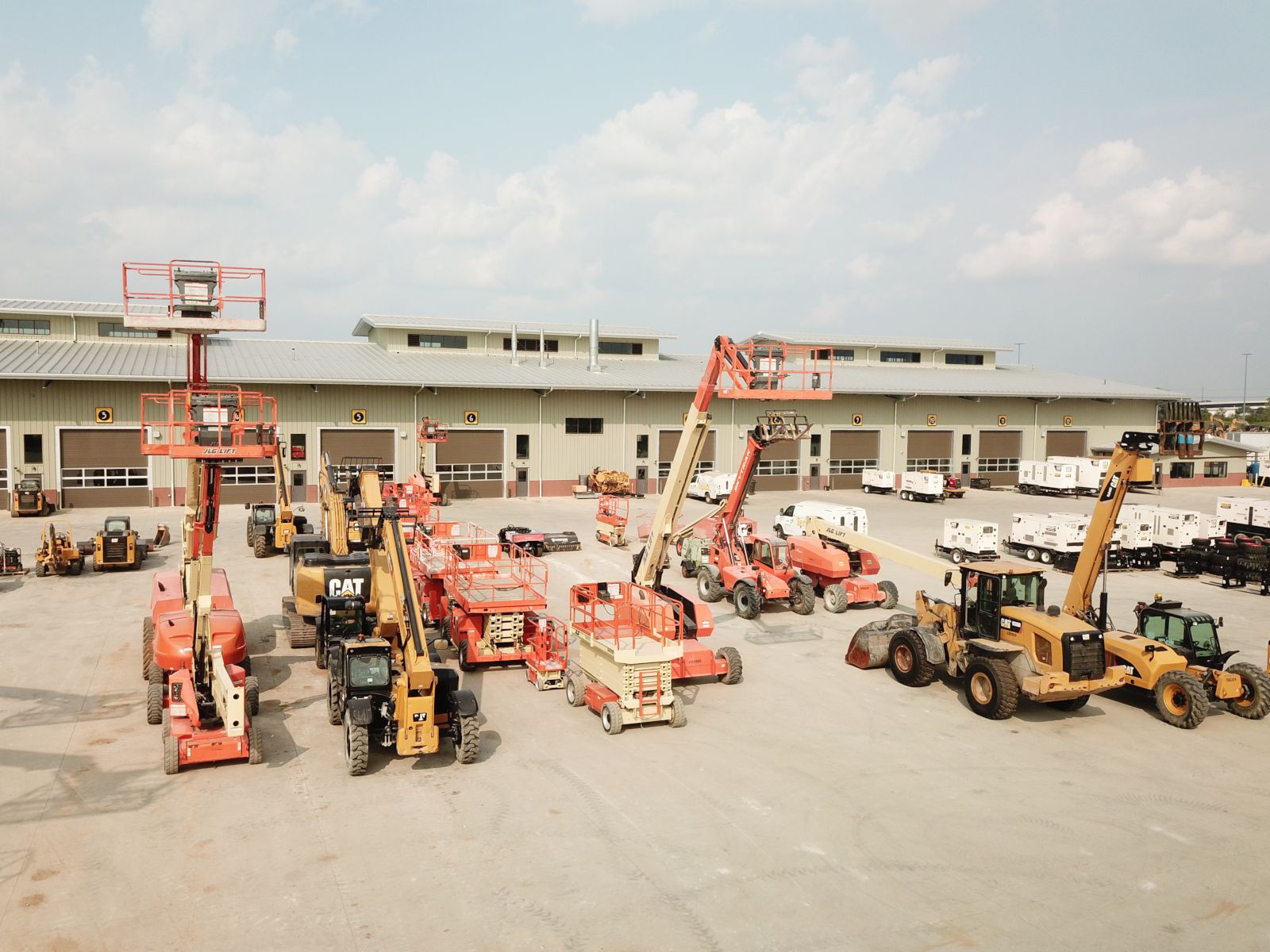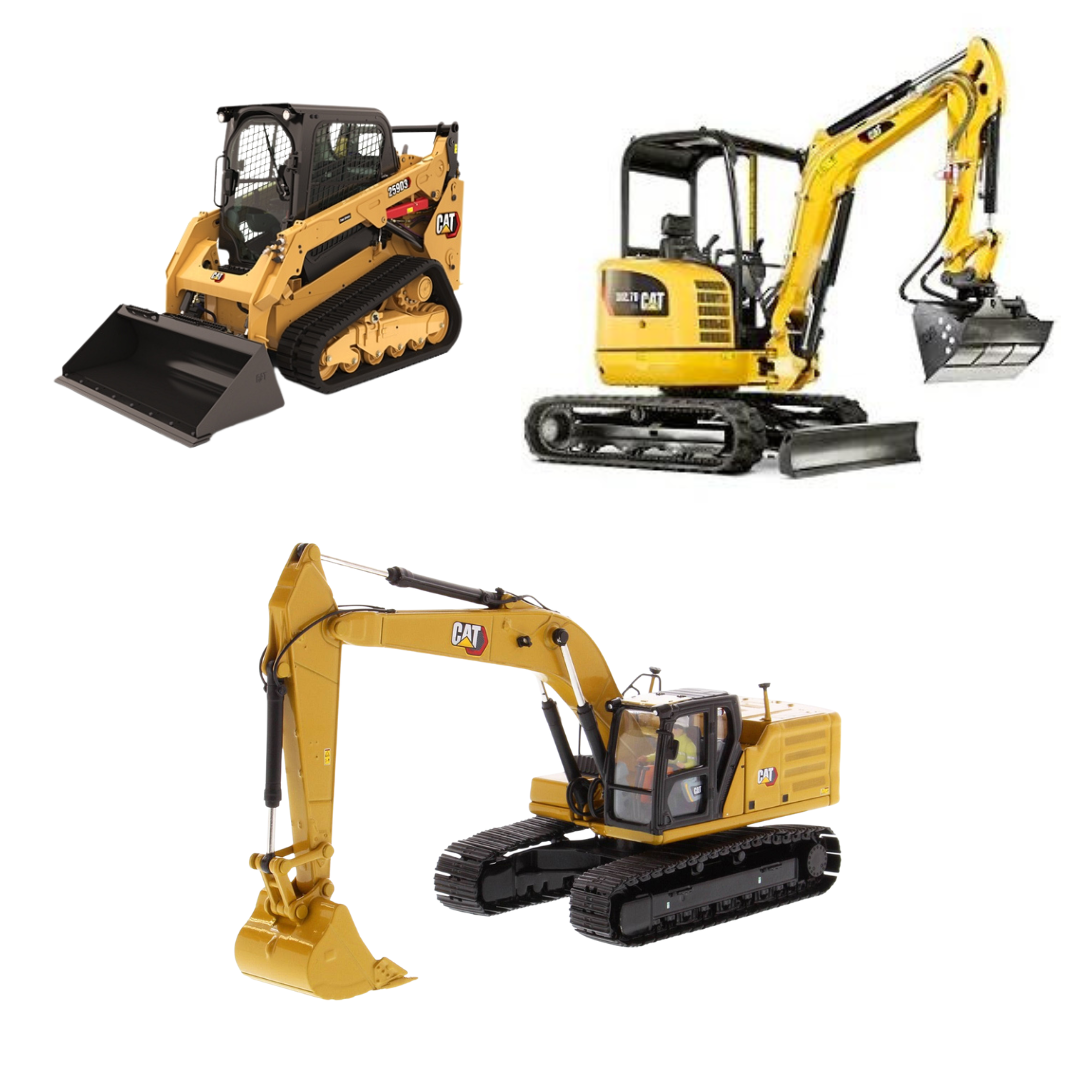Rental Company Near Me: Regional Solutions for Equipment Rentals
Rental Company Near Me: Regional Solutions for Equipment Rentals
Blog Article
Optimize Your Budget by Understanding the Prices Linked With Building And Construction Devices Rentals
Understanding the full extent of costs connected with building and construction equipment rentals is crucial for maximizing your spending plan. What strategies can be employed to successfully take care of these costs and guarantee a much more reliable rental experience?
Review of Rental Prices
When considering building and construction devices services, comprehending the connected expenses is paramount for efficient budgeting and project planning. Rental prices can vary substantially based on numerous factors, including equipment kind, period of rental, and location. The preliminary rental fee typically shows the equipment's market demand and its linked operational capabilities, influencing the total expense.
In enhancement to the base rental price, secondary expenses may emerge, such as transport fees, gas additional charges, and upkeep costs. It is necessary to account for these extra costs to accurately examine the complete cost of leasing tools. The rental period can impact pricing; longer leasings may certify for affordable prices, while short-term rentals might incur higher everyday fees.

Breakdown of Rental Prices
A comprehensive understanding of rental rates is crucial for service providers and task supervisors aiming to enhance their budgets. Rental prices for construction equipment typically are composed of a number of components, consisting of base prices, time-based charges, and use fees.
Base prices are the core charges connected with the rental of the equipment, usually figured out by the type and dimension of the machinery. These rates can differ dramatically, affected by elements such as equipment need, schedule, and regional market trends. Time-based costs, which may be daily, weekly, or monthly, offer to fit various task timelines and rental durations.
Additionally, rental prices may consist of usage fees, which are appropriate when equipment is made use of beyond a defined threshold, ensuring that the rental firm can represent wear and tear. Seasonal need fluctuations can additionally influence rental prices, with peak building and construction seasons generally regulating greater costs.
Furthermore, comprehending the rental firm's policies relating to maintenance and insurance can give further understanding into the general price framework. By evaluating these parts, professionals can make enlightened decisions, guaranteeing the option of rental equipment lines up with both task requirements and budget plan restraints.
Additional Charges to Take Into Consideration
Recognizing the intricacies of additional costs is important for service providers to handle their total service expenditures effectively. Beyond the common rental prices, different auxiliary costs can significantly impact the overall expense of devices leasing. These charges typically include shipment and pick-up fees, which can vary based on distance and logistics entailed in transferring the tools to and from the task website.
Moreover, some rental business might enforce gas additional charges if the devices is returned with less fuel than when rented out. It is additionally important to know possible cleansing charges, particularly for specialized tools that needs thorough upkeep after use.

Extensively examining the rental contract and making clear these extra fees ahead of time can assist professionals ensure and stay clear of unexpected prices that budget plans remain undamaged throughout the job lifecycle.
Upkeep and Repair Work Expenses
Routine repair and maintenance expenses are often ignored factors that can dramatically influence the general cost of building and construction devices services. When renting devices, it is crucial to think about not just the rental charges yet also the prospective prices related to keeping the equipment in optimal operating problem.
Several rental companies consist of standard maintenance as component of the rental arrangement; nevertheless, extra comprehensive repair services or unexpected malfunctions can result in extra expenditures. It's important to examine the rental agreement meticulously to understand what maintenance services are covered and what obligations fall on the tenant.
Moreover, tools that is not properly maintained can bring about inefficiencies at work site, possibly causing delays and boosting job expenses. To alleviate these dangers, it is suggested to perform normal examinations and keep open communication with the rental copyright pertaining to any kind of concerns that develop throughout use.
Insurance and Liability Expenses
Insurance coverage and liability prices are essential parts that can dramatically influence the general cost of building devices rentals (heavy equipment rental). These prices make sure that both the rental company and learn this here now the customer are safeguarded from potential economic losses developing from accidents, damages, or burglary throughout the rental duration

Furthermore, clients need to know any kind of deductibles or exclusions in the insurance coverage, as these can impact possible out-of-pocket expenditures. Recognizing the terms and conditions of any type of insurance policy protection is essential to prevent unexpected expenses. Inevitably, budgeting for insurance and obligation expenditures can assist make sure a smoother rental experience and safeguard versus monetary threats connected with building tasks.
Conclusion
In final thought, a detailed understanding of the expenses connected with construction tools rentals is important for effective spending plan monitoring. Eventually, informed decision-making concerning equipment services adds to the general success of construction undertakings.
Rental costs can vary significantly based on numerous aspects, including tools type, duration of rental, and location (boom lift rental). The rental duration can influence prices; longer rentals may qualify for affordable rates, while temporary leasings could incur greater everyday costs
By carrying out extensive study and engaging with respectable rental companies, contractors can properly navigate the intricacies of rental pricing, eventually maximizing their monetary resources.
Past the conventional rental prices, different auxiliary fees can dramatically impact the total price of devices leasing. Rental business commonly give liability insurance coverage that covers injuries to 3rd parties or damages to home, while devices damages insurance can cover the expense of fixings or replacement if the rented devices is damaged.
Report this page